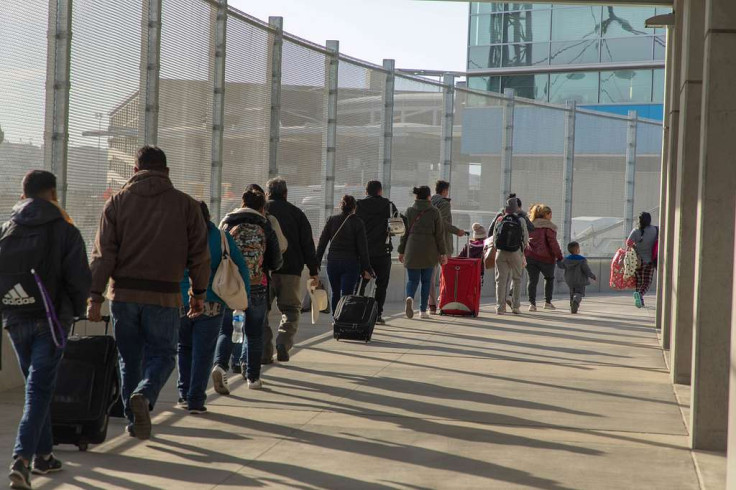
Statistics have shown that judges in Minnesota have approved 30% asylum applications from 2018 to 2023, with some having accepted 60%, while others 11%, revealing that the outcome for an asylum seeker depends heavily on the judicial authority randomly assigned to their case.
Unlike regular courts, most immigration court asylum proceedings and documents are not public, there are no juries and immigrants are not given a lawyer if they can't afford one, the Star Tribune reported.
These wide differences across the country have led some legal experts to call the system "refugee roulette," as an asylum seeker's future depends heavily on the assigned judge.
From 2018 to 2023, immigration judges nationwide approved 35% of asylum applications, according to data from the Transactional Records Access Clearinghouse at Syracuse University.
An Ecuadorian woman named Fernanda had come before Minnesota Immigration Judge Katherine L. Hansen with her American-born baby and said, "I don't know if you can grant me asylum." The judge asked her to fill out an asylum application in the next 3.5 months, adding that "so we can talk about it."
Meanwhile, a Mexican immigrant appeared before Immigration Judge Monte G. Miller and said, "I would like to apologize for entering your country illegally. We don't feel safe in our country." The judge replied, "Sir, I don't judge anybody who comes in. I don't think you're a bad person at all."
Hansen has approved 60% of the asylum cases, while Miller has the lowest approval rates in the state -- 11%.
This example shows the two migrants have different odds of winning asylum based on the judge they have been assigned.
Lawyers explained that if their asylum-seeking clients get a judge like Miller, who approves only 11% of cases, or Brian Sardelli, who approves 18%, they might suggest getting the deportation case dismissed.
This option, available to immigrants who the government considers a low priority for deportation, doesn't lead to citizenship like winning asylum. Still, it allows them to stay in the country and apply for asylum again with U.S. Citizenship and Immigration Services.
People can get asylum if they can prove they have been persecuted or fear persecution because of their race, religion, political views, nationality or membership in a social group.
© 2025 Latin Times. All rights reserved. Do not reproduce without permission.







